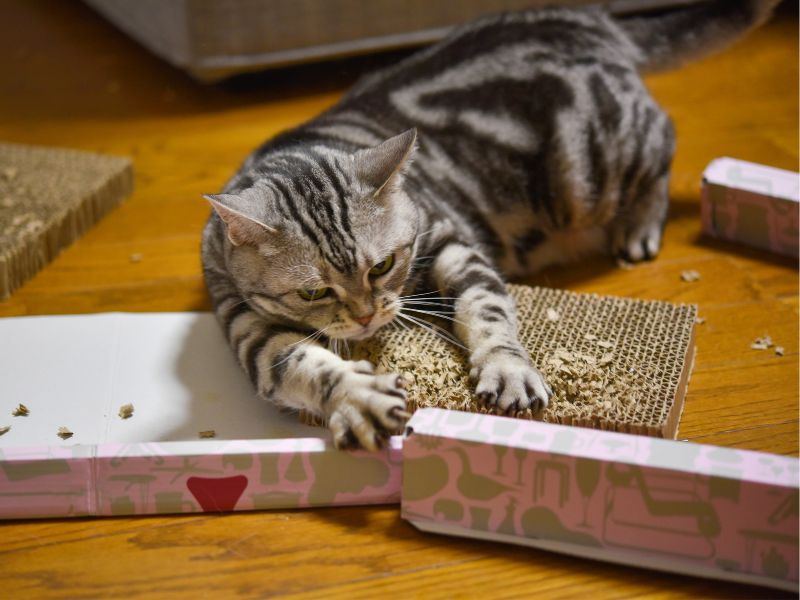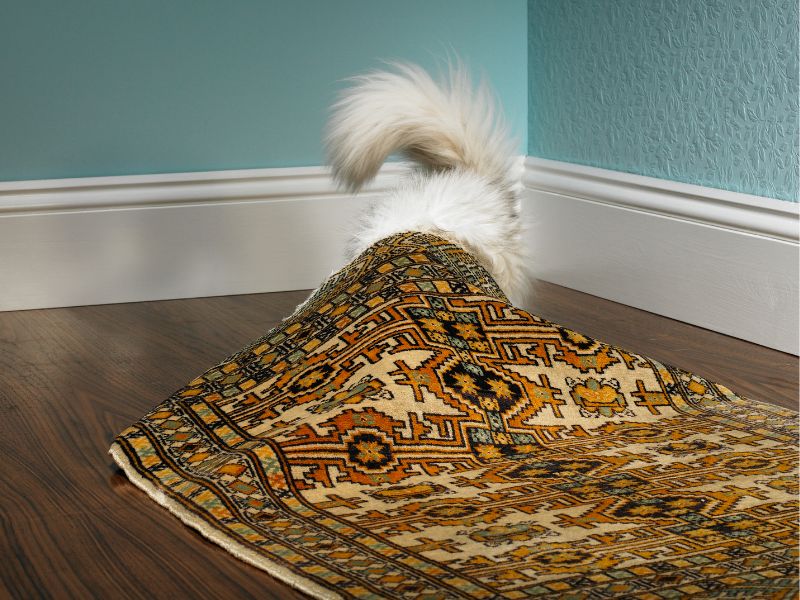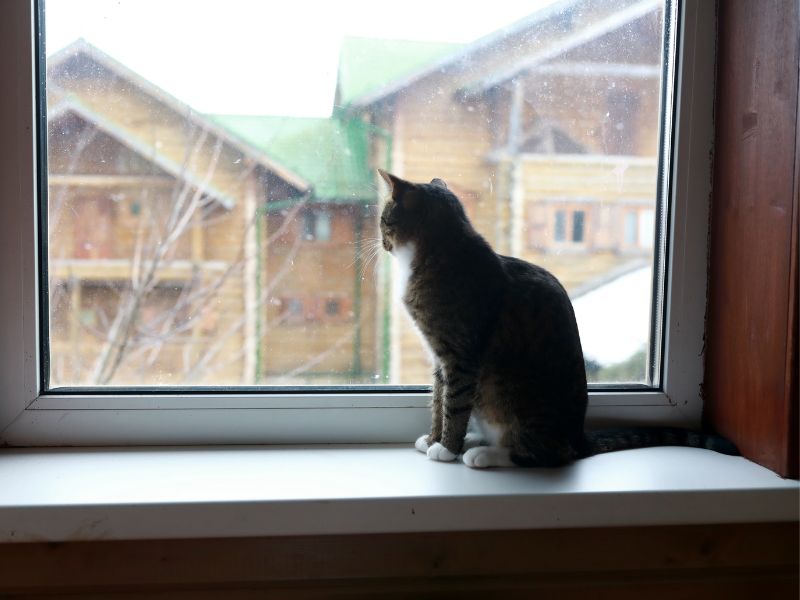How to Keep Your Feline Comfortable While You’re Away
As a cat owner, you know that your furry friend is an important part of your life. You love your cat, and you want to do everything you can to ensure their health and happiness. However, there may be times when you need to leave your cat alone at home, whether it’s for work, errands, or a vacation. This can be stressful for both you and your cat, especially if your feline suffers from separation anxiety. In this article, we’ll explore the truth about cat separation anxiety, including its causes and symptoms, and provide you with practical tips and strategies to help alleviate your cat’s stress and ensure their well-being when you’re not around.
Understanding Cat Separation Anxiety
Separation anxiety is a common condition that affects many cats. It’s characterized by excessive and persistent fear or distress when the cat is separated from their owner or another cat they’re bonded with. Separation anxiety can manifest in a variety of ways, including excessive meowing, destructive behavior, urinating or defecating outside the litter box, hiding, or refusing to eat or drink.
It’s important to note that not all cats experience separation anxiety. Some cats are more independent and can tolerate being alone for longer periods, whereas others may become anxious even when their owner is in another room. If you’re unsure whether your cat has separation anxiety, monitor their behavior when you’re away from home. If you notice any of the symptoms mentioned above, it’s possible that your cat is experiencing separation anxiety.

Symptoms of Cat Separation Anxiety
As mentioned earlier, cats with separation anxiety may exhibit a variety of symptoms, including excessive meowing, destructive behavior, and inappropriate elimination. However, there are other signs that may indicate that your cat is suffering from separation anxiety. These include:
Over-grooming
Cats that are stressed or anxious may lick or groom themselves excessively, leading to hair loss or skin irritation. If you notice bald spots or red, irritated skin on your cat, it’s possible that they’re experiencing separation anxiety.
Pacing or restlessness
Some cats with separation anxiety may become agitated or restless when their owner is away. They may pace back and forth or jump up on windowsills or furniture in an attempt to find their owner.
Loss of appetite
Cats with separation anxiety may lose their appetite or refuse to eat when their owner is away. This can lead to weight loss and other health issues if left untreated.
Causes of Cat Separation Anxiety
The causes of separation anxiety in cats are not fully understood, but there are several factors that may contribute to its development. These include:
Early life experiences
Cats that were separated from their mother or littermates too early may be more prone to separation anxiety. This is because they didn’t have the opportunity to develop social skills and learn how to cope with being alone.
Lack of socialization
Cats that haven’t been exposed to new people, animals, or environments may be more prone to anxiety and fear when faced with unfamiliar situations.
Changes in routine or environment
Cats are creatures of habit and thrive on routine. Any changes to their routine or environment, such as a move to a new home or a new pet in the household, can cause anxiety and stress.

See Also: How to Tell if Your Cat is Pregnant
And: The Mysteries of Siamese Cats: What Makes Them So Special?
How to Help Your Cat with Separation Anxiety
If you suspect that your cat has separation anxiety, there are several things you can do to help alleviate their stress and ensure their well-being when you’re away. These include:
Creating a Cat-friendly Environment
One of the best ways to help your cat with separation anxiety is to create a cat-friendly environment that’s safe, comfortable, and stimulating. This can include providing plenty of toys and scratching posts, setting up a cozy bed or hiding spot, and ensuring that your cat has access to food, water, and a clean litter box.
Training Your Cat to Overcome Separation Anxiety
Training your cat to feel more comfortable when you’re away can also be helpful in reducing their anxiety. This can include gradually increasing the amount of time you spend away from home, rewarding your cat for good behavior, and using positive reinforcement techniques to help your cat associate being alone with positive experiences.
Using Cat Toys and Treats to Keep Your Feline Comfortable
Cat toys and treats can also be effective in keeping your feline comfortable and distracted when you’re away. Puzzle toys, interactive toys, and treat-dispensing toys can all help to stimulate your cat and provide them with mental and physical exercise while you’re gone.
Medications for Cat Separation Anxiety
In some cases, medications may be necessary to help alleviate your cat’s separation anxiety. Your veterinarian may prescribe anti-anxiety medications or other medications that can help to reduce your cat’s stress and anxiety.
Alternative Treatments for Cat Separation Anxiety
There are also several alternative treatments that may be effective in reducing your cat’s separation anxiety. These include pheromone therapy, and herbal remedies. It’s important to talk to your veterinarian before trying any alternative treatments to ensure that they’re safe and effective for your cat.
Conclusion: Keeping Your Feline Happy and Healthy when You’re Away.
In conclusion, separation anxiety is a common condition that affects many cats. If you suspect that your cat has separation anxiety, it’s important to take steps to alleviate their stress and ensure their well-being when you’re away. This may include creating a cat-friendly environment, training your cat to overcome separation anxiety, using toys and treats to keep your feline comfortable, and in some cases, using medications or alternative treatments. With the right care and attention, you can help your cat feel more comfortable and secure when you’re away, and ensure that they stay happy and healthy for years to come.

